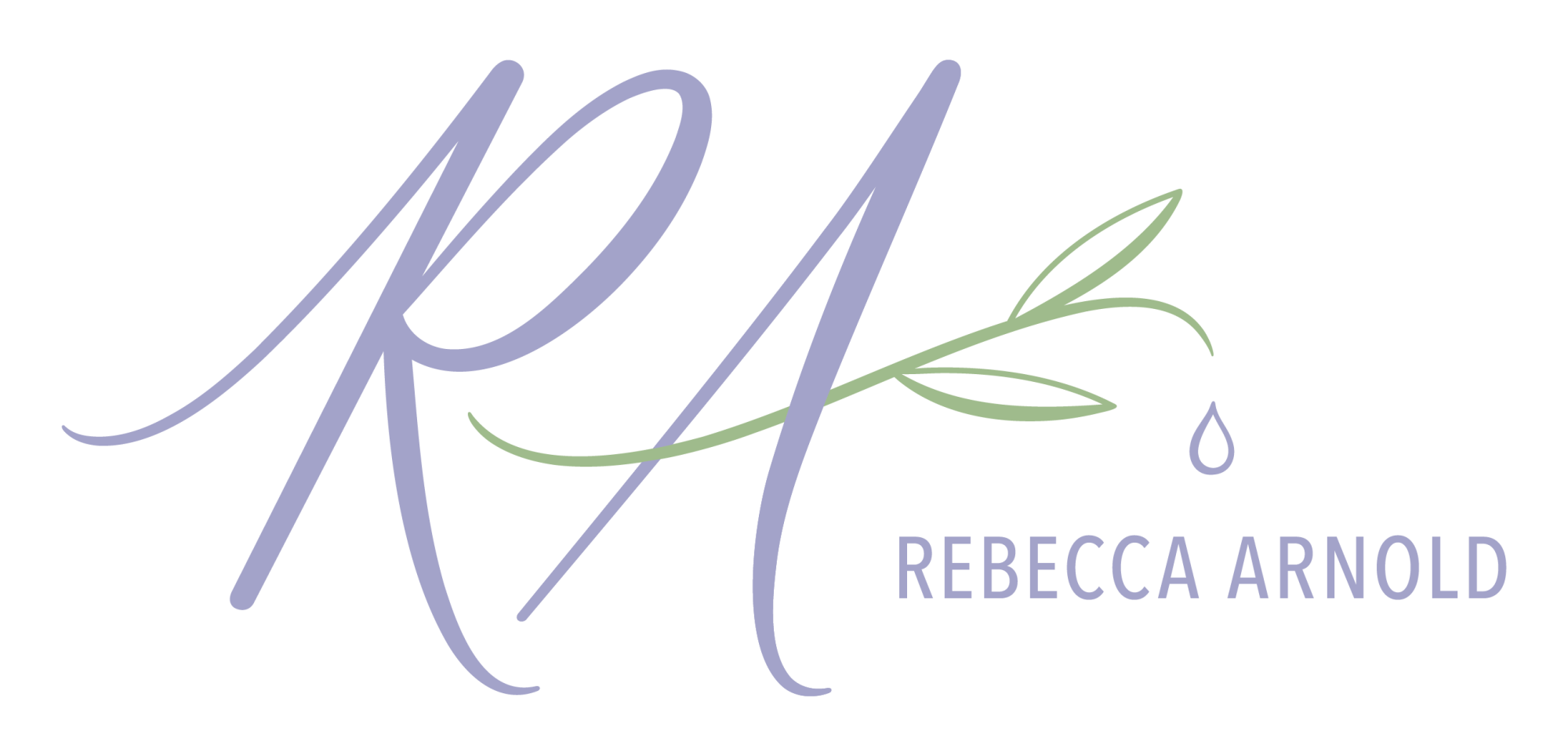
We’ve all been there. You are shopping for a product and rather than pay for a more expensive brand, you opt for the cheaper generic version only to be sorely disappointed by its quality.
Then maybe immediately you remember the saying, “You get what you pay for” or, “Buy it right or buy it twice”. These are not 100% accurate statements of course but more often than not it turns out to be the case. If you want higher quality, it will cost you more. Some examples that come to mind are cars, homes, tools, and mattresses.
Nowhere is this decision more important than when you are dealing with your health and wellness. In fact, the question I get asked most often when educating about essential oils is: “Aren’t all essential oils about the same and if not, what makes them different?”
In some ways that’s true because 98% of essential oils produced today are used in the perfume and cosmetic industry. Only about 2% are produced for therapeutic and medicinal purposes. That 98% is usually made up of mostly synthetic chemicals created in a lab to imitate plant material. So even if the label says 100% pure or organic essential oil or all natural essential oil, don’t be fooled because there are no laws against that. These synthetic oils can never be health promoting!
But what is an essential oil and how do we make sure it isn’t adulterated? We have to look to the plant kingdom to find material for creating a truly synthetic-free, all natural product. It is the oil within a plant and comes from the leaves, the blossoms, the resin, the rind, the seeds, the bark and sometimes from the entire tree.
Then we need to look at how that plant was grown and how it was extracted from the plant. That’s where you will begin to see the differences among that 2% grown for therapeutic purposes.
The modern day father of distillation said, “I believe that essential oils are the closest physical and tangible substance that carries the spirit of God on earth.” Essential oils are composed of hundreds of different compounds. Some of these exist in tiny amounts, and yet it is these trace elements that add to the character of the essential oil, the depth of fragrance, and the therapeutic capabilities.
So here are some questions you need to ask of your essential oil company:
Where did the seeds come from and what kind of soil were they planted in?
Were enzymes, microbes and frequencies added to a terrain untainted by pesticides and herbicides?
How were the weeds controlled? By pesticides or hand weeding? (Hand weeding a field of lavender costs one company about $12,000/acre-- while using pesticides costs only $60/acre.)
And when that plant is determined to have its highest therapeutic potential, how is the oil extracted from the plant?
These factors will make a huge difference in the quality of the plant and therefore the oil it produces.
The most common way to extract the oil is a process called steam distillation. Distillation is one of the most critical factors that determine whether you end up with mediocre oil or one that is full of energy and vitality. Too much heat, too much pressure, or too long in the distiller and you will have most likely destroyed the compounds most beneficial to your health. And each plant requires different procedures!
Other companies will practice something called fractionated distillation where they take out the heavy, earthy smelling compounds so that your oil smells “good”, without considering the effects this has on the therapeutic value of the oil.
There are many other ways to determine the purity of your oil but in the end its importance cannot be overstated. You cannot substitute a cheap imitation and expect to get therapeutic effects that bring balance to the body.
In a culture where we are always looking for the best $1 menu in town or the cheapest prices on amazon, you need to realize your health is too important to approach in this manner.
Understand that nature cannot be rushed or recreated by scientists. It takes time and care and an unwavering effort to produce a product that has the potential to have a profound effect on your health!
So consider that if you plan to spend less on your wellness now, most likely you will end up spending more on your sickness later!
Maybe we could all benefit from the advice my husband gave many times to our children as they left the house when he called out, "Make good choices!"
If you find yourself in a position where you would like to reclaim your health, you might be interested in my guide: 3 Ways to a Healthier Home
Join our Healthy Living In a Toxic World Facebook Group
Join our Healthy Living In a Toxic World Facebook Group








0 Comments